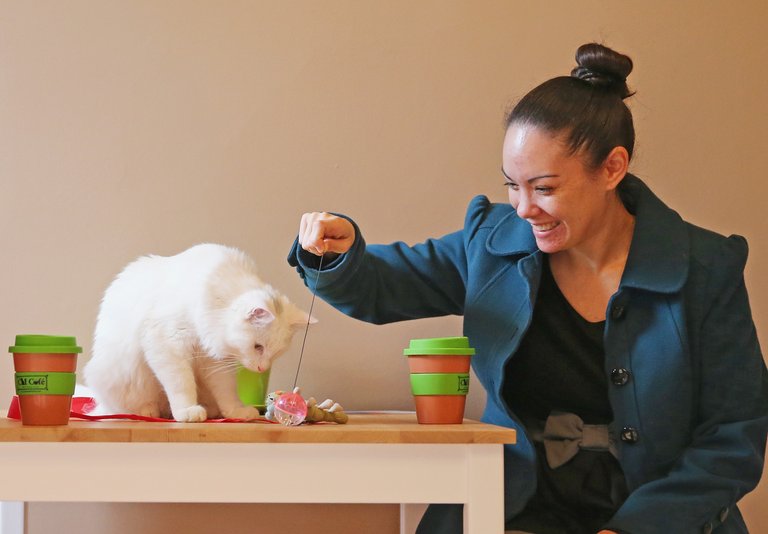Living with a cat can be a rewarding and enriching experience, providing us with companionship and a sense of purpose. Cats are unique creatures that possess a wide range of behavior patterns, personalities and physical characteristics. Understanding these traits can help us to better appreciate and connect with our feline companions.
One of the most striking things about cats is their independence. Cats are not as dependent on human companionship as dogs are, and they are perfectly content to spend hours on their own, sleeping or grooming themselves. This independence can be both a blessing and a curse. On the one hand, it allows us to lead our own lives without feeling guilty about leaving our cats alone. On the other hand, it can make it difficult to form a strong bond with our cats, as they may not always be as interested in interacting with us as we are with them.
Despite their independent nature, cats are still social creatures that thrive on interaction and affection. They have a unique way of communicating with us through their body language, vocalizations, and scent marking. By understanding these cues, we can build stronger relationships with our cats. For example, when a cat rubs its head or body against us, it is marking us with its scent as a way of claiming us as part of its territory. When a cat purrs, it is often a sign of contentment and relaxation. And when a cat brings us a "gift" of a mouse or bird, it is an expression of its hunting instincts and a way of showing us that it cares.
Cats are also known for their grooming habits. They spend a significant portion of their day licking and cleaning their fur. This behavior is not just about keeping clean, but it is also a way for cats to bond with one another. Grooming is a form of social interaction that helps cats to establish and maintain relationships with other cats. This same behavior can be used to bond with us as well. When cats allow us to groom them, it is a sign of trust and affection.
Cats also have a strong hunting instinct. Even indoor cats will often engage in play-hunting behavior, stalking and pouncing on toys or other small objects. This behavior is not just for fun but also helps cats to keep their hunting skills sharp. Observing our cat's hunting behavior can give us insight into their natural instincts and help us to understand their needs and desires.
Cats also have a reputation for being aloof and indifferent to their owners. While this may be true of some cats, many cats are actually quite affectionate and loving. They may show their affection in different ways than dogs do, such as rubbing against our legs, bringing us "gifts," or simply sitting near us and purring. By learning to recognize and appreciate these different forms of affection, we can deepen our bond with our cats.
Living with a cat can be a rewarding and enriching experience that teaches us about independence, communication, grooming, hunting instincts, and affection. Cats have unique personalities, behaviors and physical characteristics that can be a window into their world. Understanding and appreciating these traits can help us to build stronger, more meaningful relationships with our feline companions. By living with a cat, we not only have a companion but also a teacher, showing us the importance of independence, self-care, and hunting instincts. It also helps us to understand the importance of communication, grooming, and affection in building relationships.
